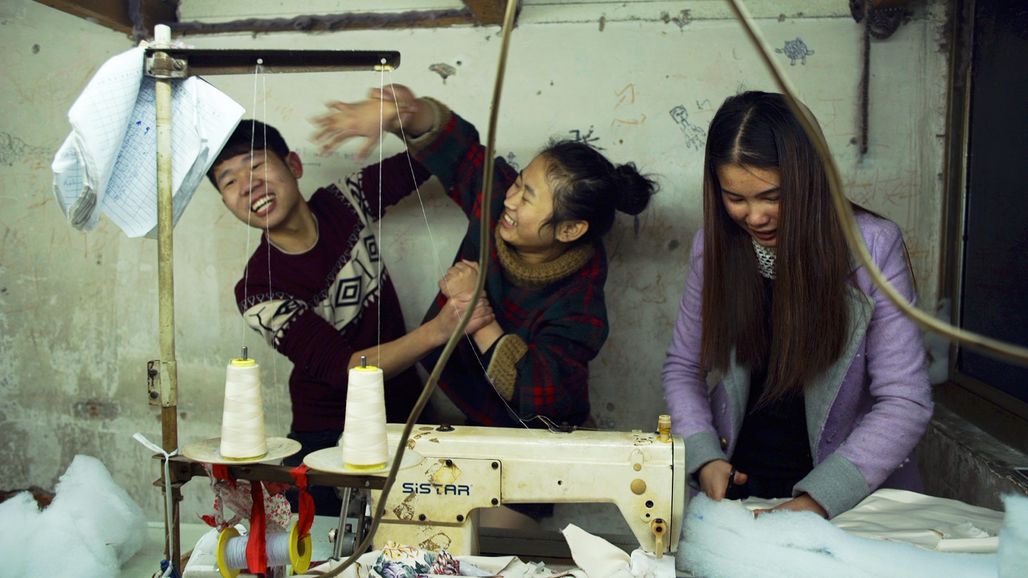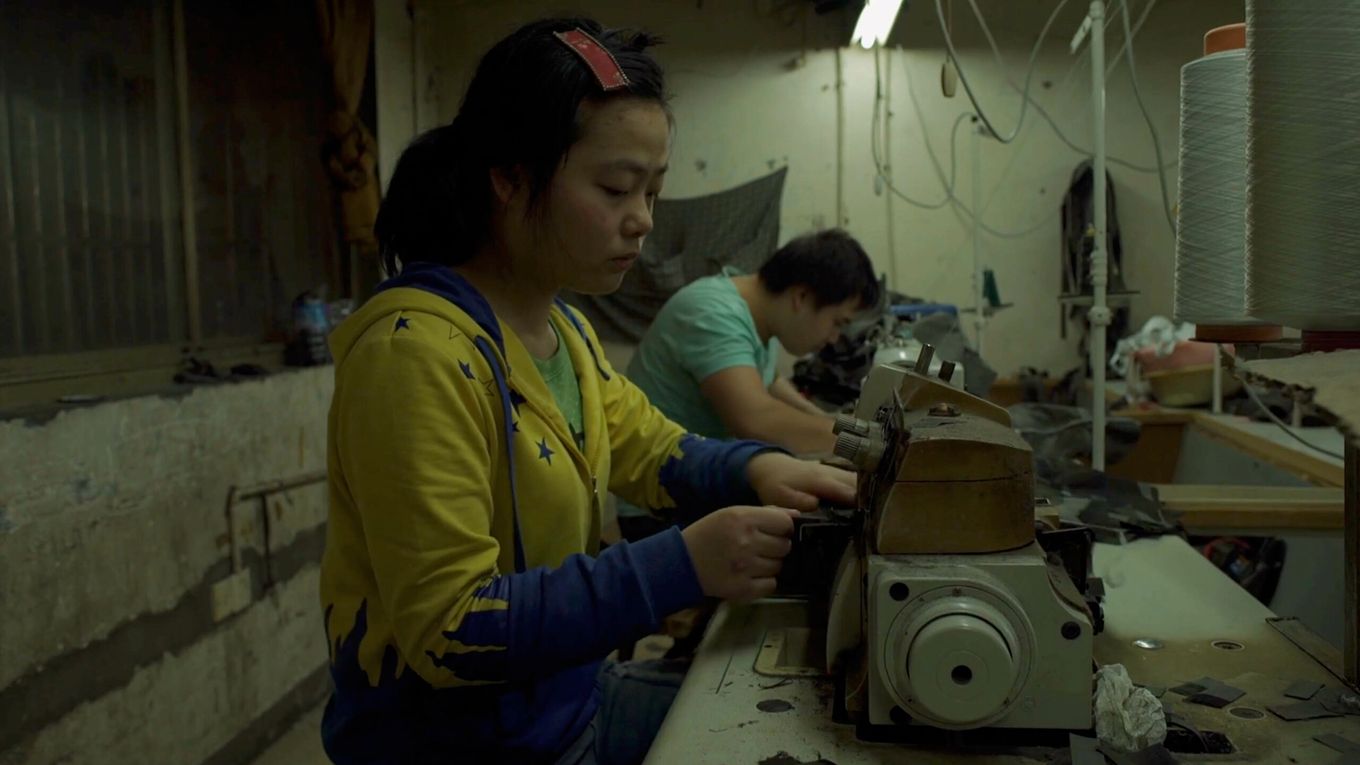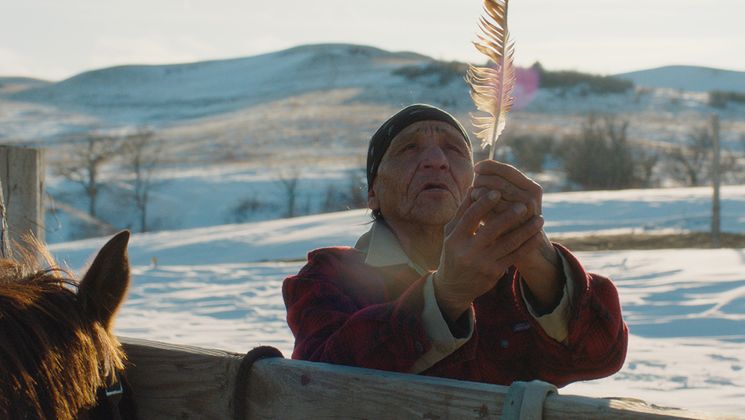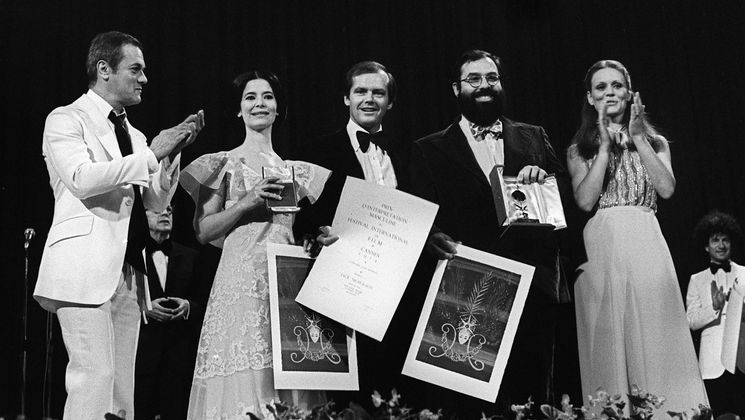
Qingchun (Youth (Spring)): working-class China through the eyes of Wang Bing

It’s quite rare to see a documentary selected in Competition, but this is the case with Qingchun (Youth (Spring)), by the master of observation Wang Bing. This is the first time that the Chinese director is competing for the Palme d’Or, five years after Dead Souls was presented in Special Screenings, and four days before the presentation of his other film, Man in Black, in this same category.
Zhili, the Chinese garment capital. Life is bustling in all directions, to the rhythm of sewing machines. Here is where all the rural youth living along the Yangtze River come to find work. Qingchun (Youth (Spring)) immerses itself in this precarious and intensely hard-working society, where hope is still allowed.
For five years, from 2014 to 2019, Wang Bing took his camera and filmed these textile workers up close and personal. Actually he used three cameras to follow the various protagonists of this documentary. Qingchun (Youth (Spring)) isn’t content with just showing a life of hard work; the film also makes room for wonderful moments of solidarity, love, and friendship.
The world of the textile worker is a subject that Wang Bing had already explored in Ku Qian (Bitter Money), in 2016. Regardless, the documentary maker still felt the need to dive into this world again, which he explained to the Luxembourg newspaper Le Quotidien. “With Bitter Money, I focused on just following friends, people who I already knew, adults. Qingchun (Youth (Spring)) provided me with the opportunity to broaden my focus to a whole group of young people.”
For three hours and thirty minutes, Qingchun (Youth (Spring)) takes us from the sewing workshops to the dormitories, camera on shoulder, with no aesthetic or dramatic touches added. This film represents the first part of a documentary whose sequel is still being edited. True to form, Wang Bing allows himself complete freedom with regard to the length of his project. The entire version will be close to nine hours long.



